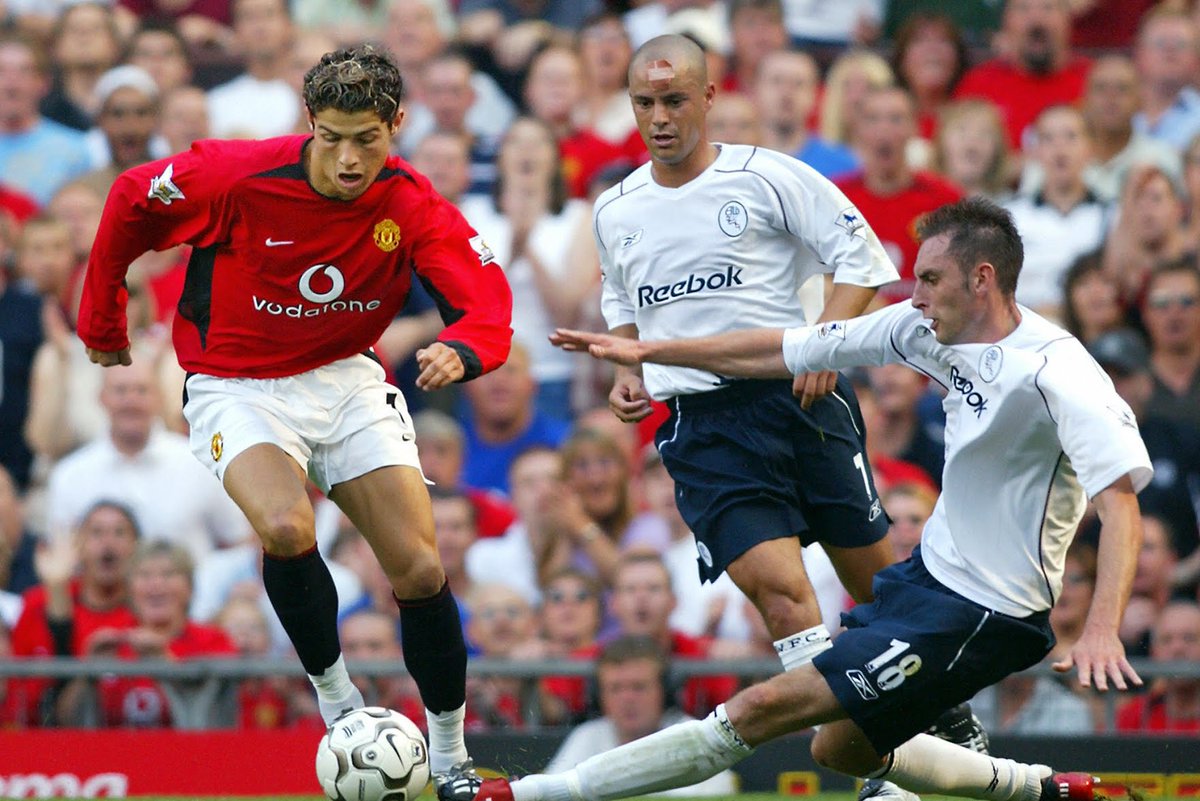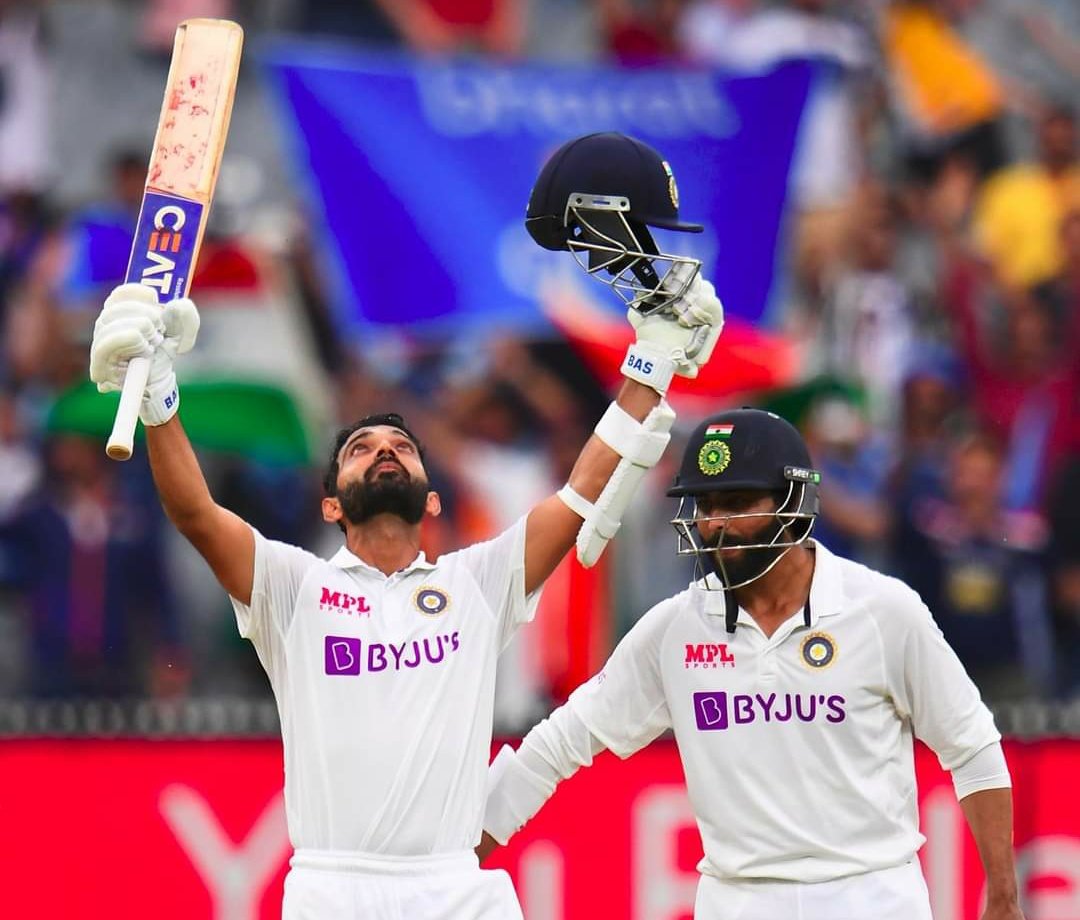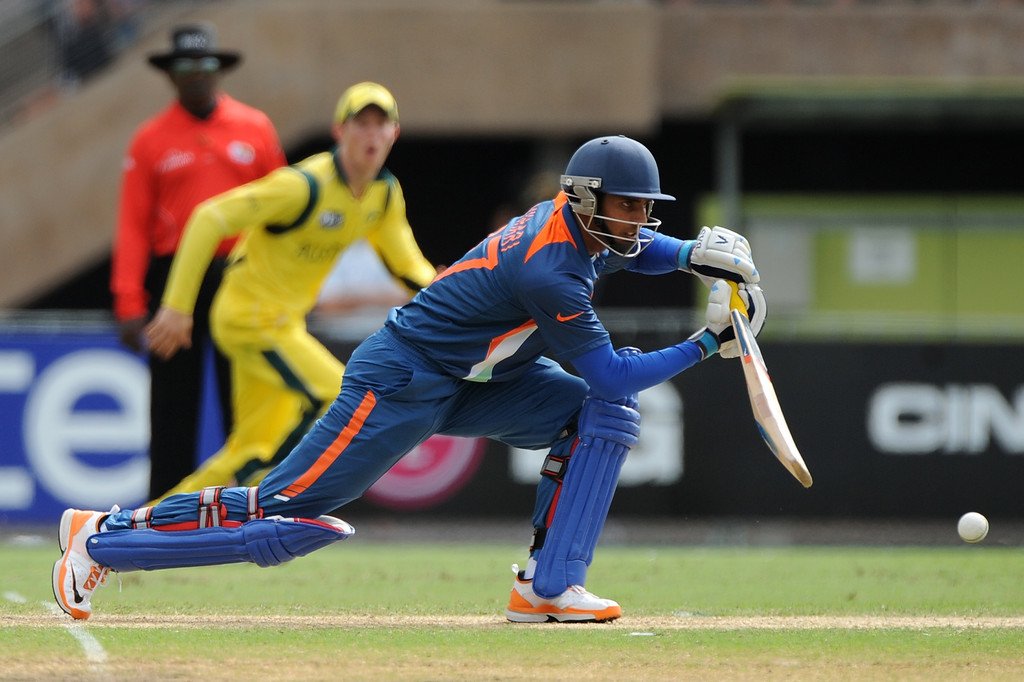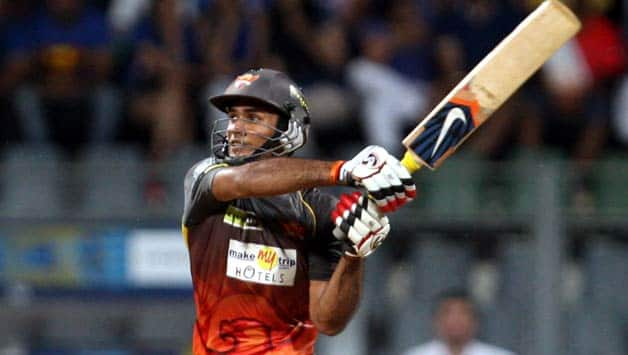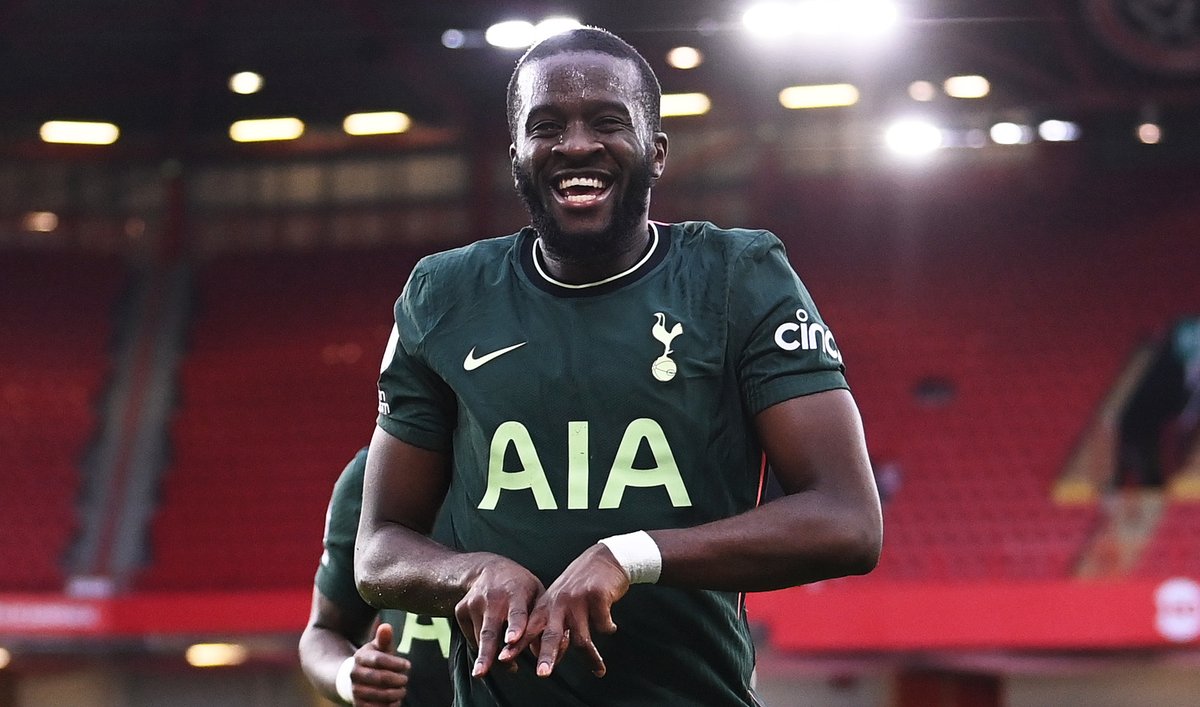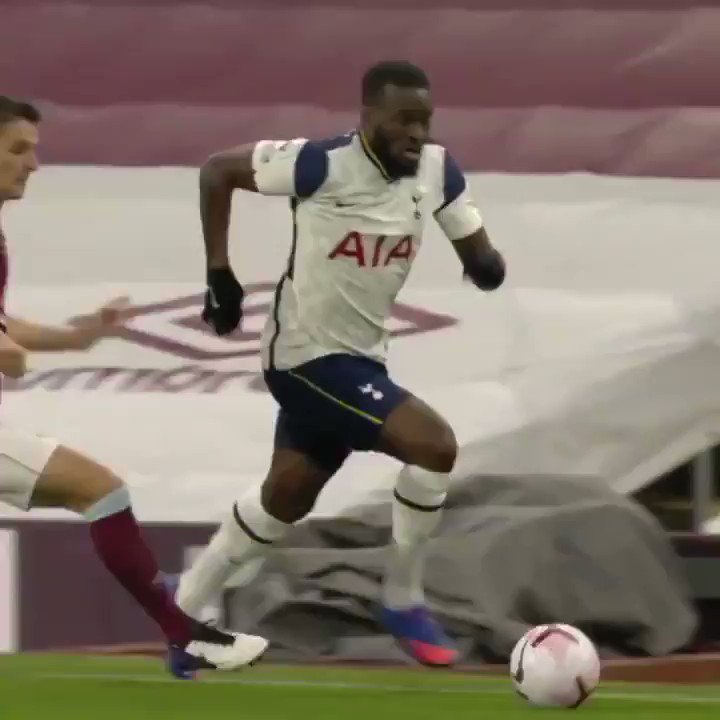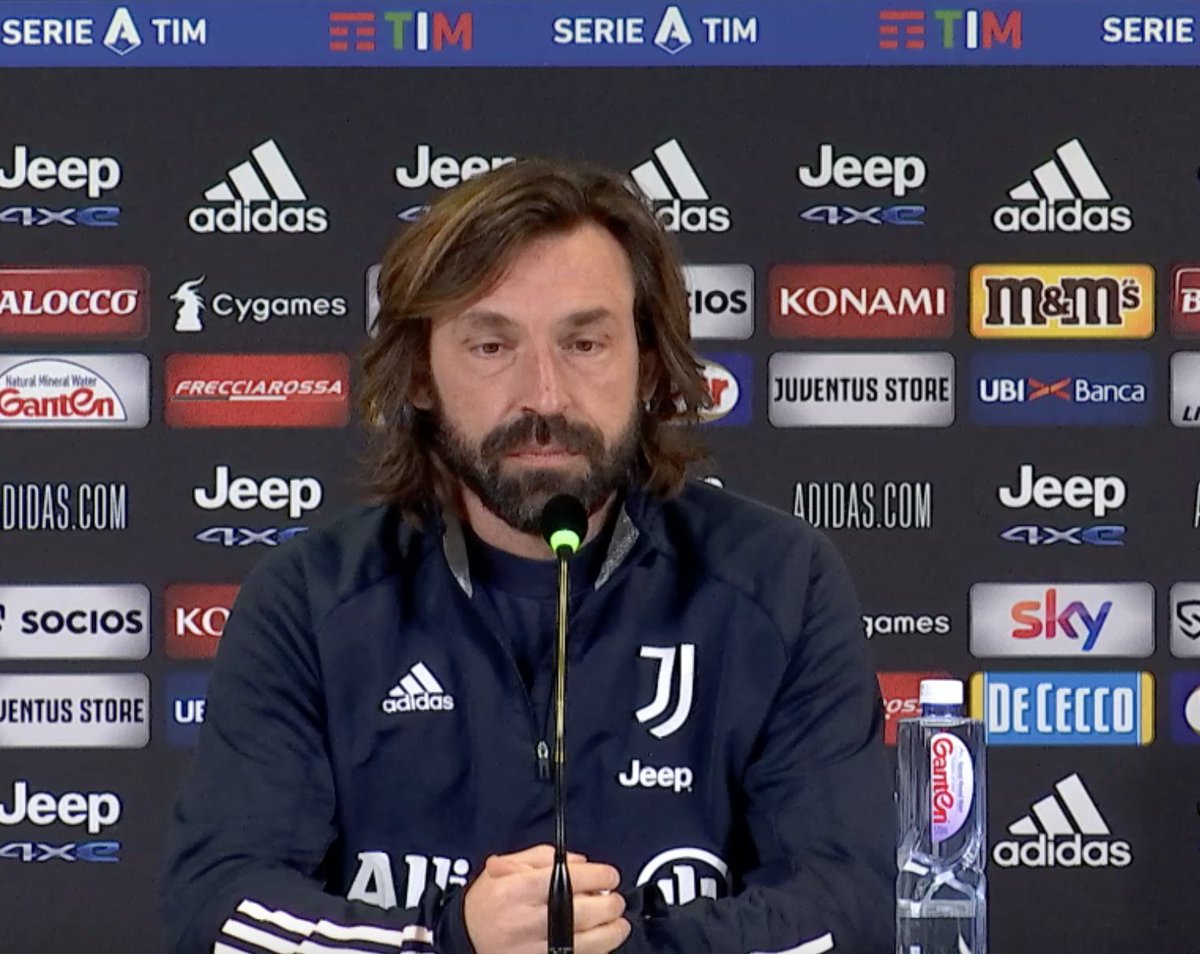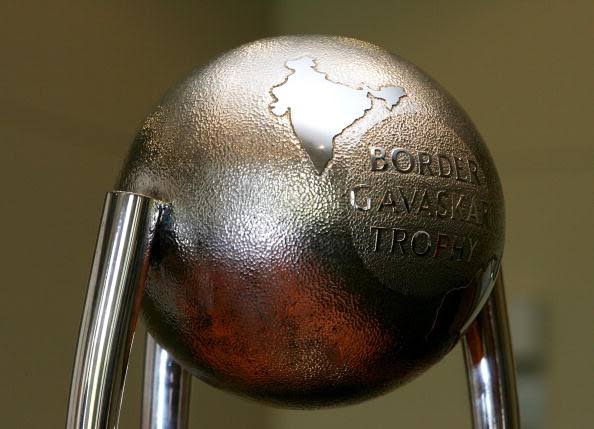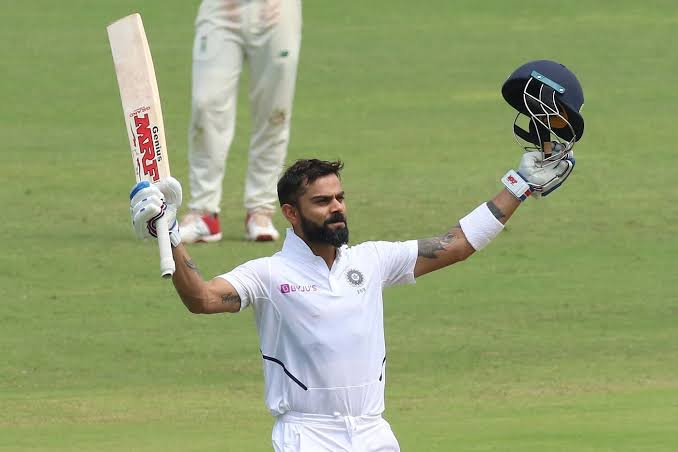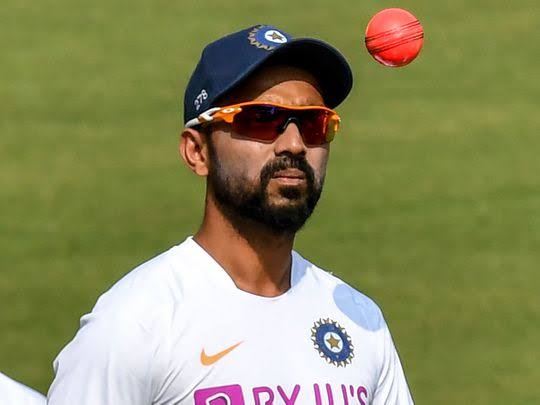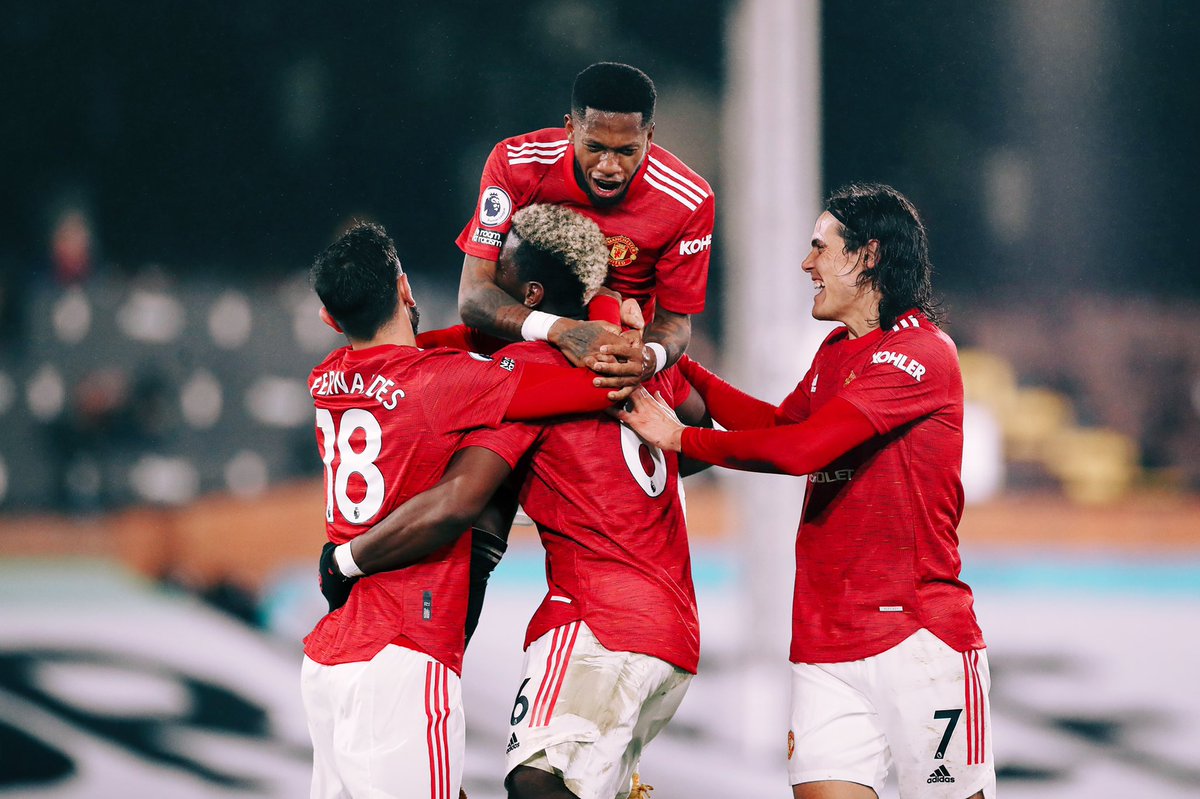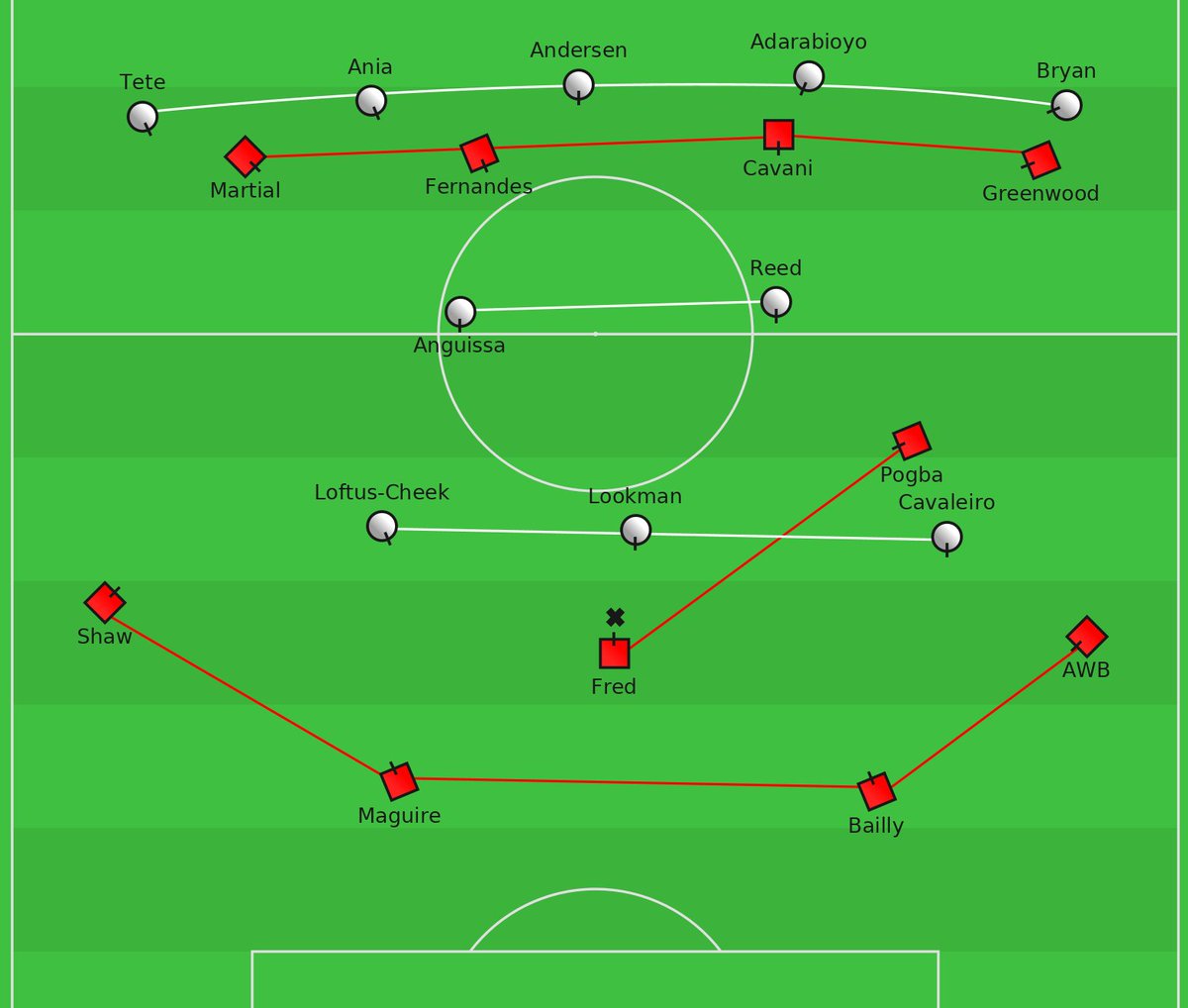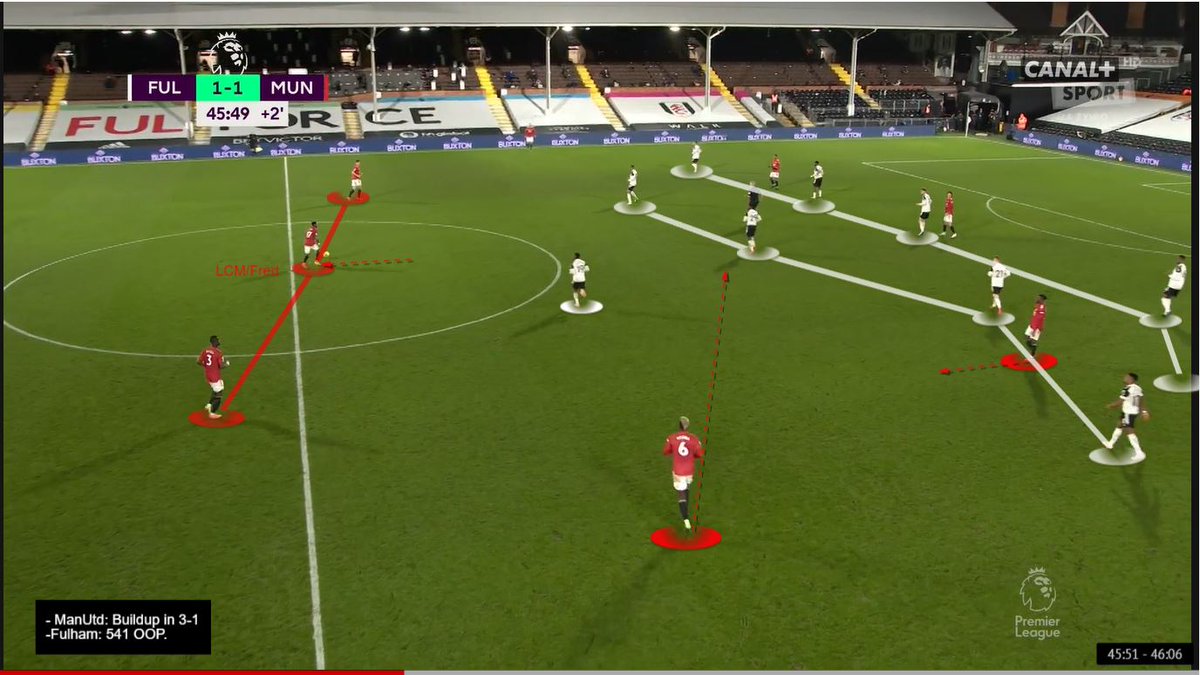Mollyycolllinss Categories Sport
7 days
30 days
All time
Recent
Popular
Thiago Alcantara, a THREAD

https://t.co/JxxXhI1jJd
https://t.co/MS5UpCuN7m
https://t.co/E4CUMbF2aN
https://t.co/b7dYAyANSh

https://t.co/JxxXhI1jJd
Thiago "home can play" Alcantara
— Orsteen \U0001f489 (@_orsteen) January 22, 2021
https://t.co/MS5UpCuN7m
Thiago \u201cthe ball Na your pikin, send am message\u201d Alcantara pic.twitter.com/IG4IwH07cK
— Man of Letters. (@Letter_to_Jack) January 22, 2021
https://t.co/E4CUMbF2aN
Thiago 'Just dey go i don see you already' Alcantara
— Aremu Pokipoki (@prinzgbemi) January 22, 2021
https://t.co/b7dYAyANSh
Thiago "Play with your nearest man" Alcantara
— \xc0GB\xc0! (@Oli_Ekun) January 22, 2021
It's Sunday, Fed blackout, am recovering from soccer match, sipping on double espresso, so of course a perfect time to take on Tyler Cowen here. 🙂
Like many people, I enjoy reading Tyler's blog. But there are times (alright, many times) I disagree with him. This is no big deal. I also disagree with myself sometimes (especially my past self). But his recent post left me
What is he trying to say here? After thinking about it for a bit, I think he's critiquing the idea that "running the economy hot" leads to employment *and* real wage gains. Perhaps the former, but only at the expense of the latter. At least, this is what a textbook IS-LM model
tells us if one "runs the economy hot" through increased fiscal stimulus (on consumption and transfers, not public infrastructure investment). If this is what he meant, then he should have just said so, instead of labeling this a "Keynesian" proposition.
In fact, this property follows as a *neoclassical* proposition that is embedded in the IS-LM framework. (For non-economists, note that Keynes did not invent IS-LM; the framework was developed later by Hicks as an interpretation of *some* parts of the General Theory.)
It is hardly phony, especially on social media, to refer to IS-LM models and the like as \u201cKeynesian.\u201d Krugman pushing it and, for better or worse, rising in popularity.
— tylercowen (@tylercowen) January 17, 2021
Like many people, I enjoy reading Tyler's blog. But there are times (alright, many times) I disagree with him. This is no big deal. I also disagree with myself sometimes (especially my past self). But his recent post left me
What is he trying to say here? After thinking about it for a bit, I think he's critiquing the idea that "running the economy hot" leads to employment *and* real wage gains. Perhaps the former, but only at the expense of the latter. At least, this is what a textbook IS-LM model
tells us if one "runs the economy hot" through increased fiscal stimulus (on consumption and transfers, not public infrastructure investment). If this is what he meant, then he should have just said so, instead of labeling this a "Keynesian" proposition.
In fact, this property follows as a *neoclassical* proposition that is embedded in the IS-LM framework. (For non-economists, note that Keynes did not invent IS-LM; the framework was developed later by Hicks as an interpretation of *some* parts of the General Theory.)
#swfc are finally back in league action tonight 8pm GMT away to Coventry #pusb
A relegation six pointer to kick off our second half of the season with 7 points separating us in 23rd and them in 16th.
A look of our numbers and theirs below and what they can tell us.
[thread]
I looked at the survival prognosis for teams in our position yesterday (https://t.co/rmVT8b5sFl).
Thankfully a prognosis is not a prediction, but it does bear out just how important tonight's game is.
Can we quantify match importance then?
Well, @FiveThirtyEight have given it a right good go and how they've done it is explained here: https://t.co/ObjB079Fjw
Their match importance rating ranges from 0 to 100 for a team.
In a game with a high match importance vs. a team with low match importance, a team's likelihood of winning increases: All else being equal, if match importance is 100 for the home team and 0 for the away team, the home team's odds of winning drop from Evens (50%) to 8/11 (58%).
If we look at the combined match importance ratings for both teams, tonight's game ranks 14th of the 317 matches with match importance ratings. Pretty important then!
Of our matches only the win against Bournemouth had a higher combined match importance than tonight's match:

A relegation six pointer to kick off our second half of the season with 7 points separating us in 23rd and them in 16th.
A look of our numbers and theirs below and what they can tell us.
[thread]
I looked at the survival prognosis for teams in our position yesterday (https://t.co/rmVT8b5sFl).
Thankfully a prognosis is not a prediction, but it does bear out just how important tonight's game is.
#swfc Derby's latest win over QPR leaves Wednesday six points adrift of 21st and safety with two matches in hand.
— Peter A. L\xf8hmann (@ploehmann) January 27, 2021
How have teams in those circumstances done in the previous 22 seasons?
[thread] pic.twitter.com/LxENys45wC
Can we quantify match importance then?
Well, @FiveThirtyEight have given it a right good go and how they've done it is explained here: https://t.co/ObjB079Fjw
Their match importance rating ranges from 0 to 100 for a team.
In a game with a high match importance vs. a team with low match importance, a team's likelihood of winning increases: All else being equal, if match importance is 100 for the home team and 0 for the away team, the home team's odds of winning drop from Evens (50%) to 8/11 (58%).
If we look at the combined match importance ratings for both teams, tonight's game ranks 14th of the 317 matches with match importance ratings. Pretty important then!
Of our matches only the win against Bournemouth had a higher combined match importance than tonight's match:




